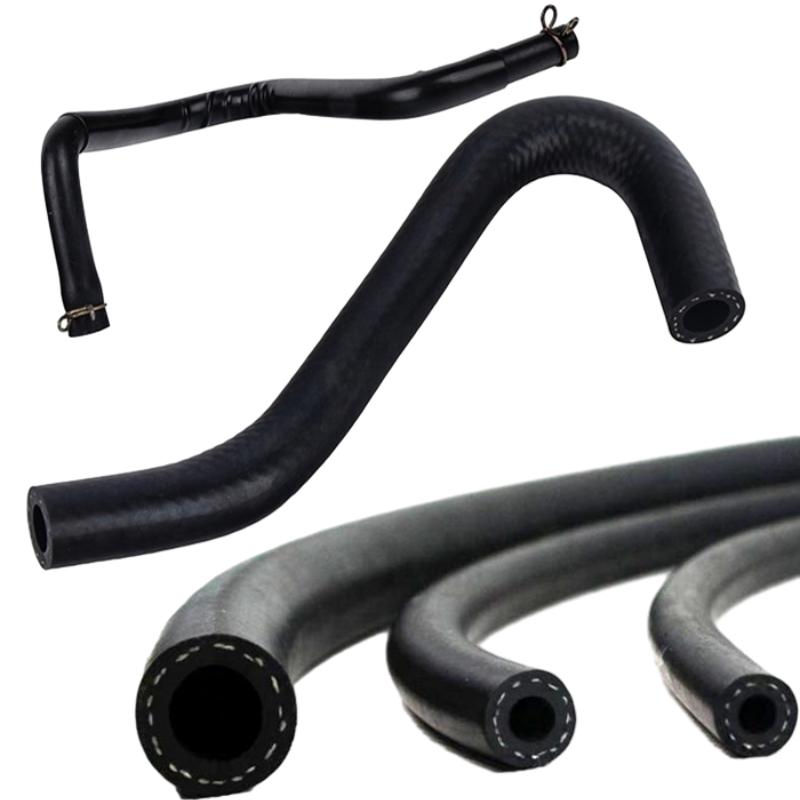Exploring the Latest Prices for Car Petrol Pipes and Their Impact on Vehicle Performance
Jul . 27, 2024 01:53 Back to list
Exploring the Latest Prices for Car Petrol Pipes and Their Impact on Vehicle Performance
The Rising Prices of Car Petrol Pipes An In-Depth Look
In recent years, the automotive industry has faced numerous challenges, one of which is the rising cost of car components, particularly petrol pipes. As vehicles become increasingly sophisticated, the materials and technologies required to manufacture essential parts like petrol pipes are also evolving. This article aims to shed light on the factors contributing to the rising prices of car petrol pipes and how this impacts car owners and the automotive market as a whole.
Understanding Petrol Pipes
Petrol pipes are crucial components in internal combustion engines, responsible for transporting fuel from the tank to the engine. The significance of these pipes cannot be overstated; without them, the engine would not function. They must be durable, resistant to corrosion, and able to withstand high pressures and fluctuating temperatures. The importance of quality petrol pipes plays a vital role in vehicle performance, safety, and efficiency.
Factors Influencing Price Increases
Several factors contribute to the rising prices of petrol pipes
1. Raw Material Costs The cost of raw materials has been on the rise due to global supply chain disruptions and increased demand. Key materials, such as high-density polyethylene, aluminum, and specialized alloys, have seen significant price hikes. This increase directly affects the production costs for manufacturers of petrol pipes.
2. Manufacturing Processes Advances in technology may require more sophisticated manufacturing processes. Although this can enhance quality and performance, it often results in higher operational costs. Manufacturers need to invest in new machinery and training for skilled labor, which can increase the retail price of petrol pipes.
car petrol pipe price

3. Regulatory Standards Safety and environmental regulations are becoming increasingly stringent. Petrol pipes must comply with these regulations, leading to added research and development costs for manufacturers to ensure they meet the required standards. This compliance often involves additional testing and certification, further driving up production costs.
4. Inflation and Economic Conditions Global economic conditions and inflation significantly influence the cost of automotive parts. As the cost of living rises, so does the price of goods and services, including automotive parts. Economic instability in key manufacturing regions can also affect supply chains, leading to potential shortages and increased prices.
5. Consumer Demand As more consumers gravitate towards high-performance vehicles and fuel-efficient engines, the demand for quality petrol pipes has surged. This increased demand can drive prices higher, particularly if supply cannot keep pace.
Impact on Consumers and the Automotive Market
The rising prices of petrol pipes can have several implications for car owners and the automotive industry as a whole. For consumers, higher prices mean increased costs for repair and replacement, leading some to delay necessary maintenance. This can result in unsafe driving conditions and potential engine damage in the long run.
For automotive manufacturers and aftermarket suppliers, increased costs can erode profit margins and compel them to raise retail prices on vehicles and parts. This trend can eventually lead to diminished consumer purchasing power and may affect overall vehicle sales.
Conclusion
The rising prices of car petrol pipes are a reflection of a complex interplay of factors, including raw material costs, manufacturing processes, and economic conditions. As the automotive industry continues to evolve, addressing these price increases will be crucial for maintaining vehicle safety, performance, and affordability. Understanding the dynamics at play can help consumers make informed decisions and encourage manufacturers to find innovative solutions to mitigate costs while ensuring quality and safety in automotive components.
